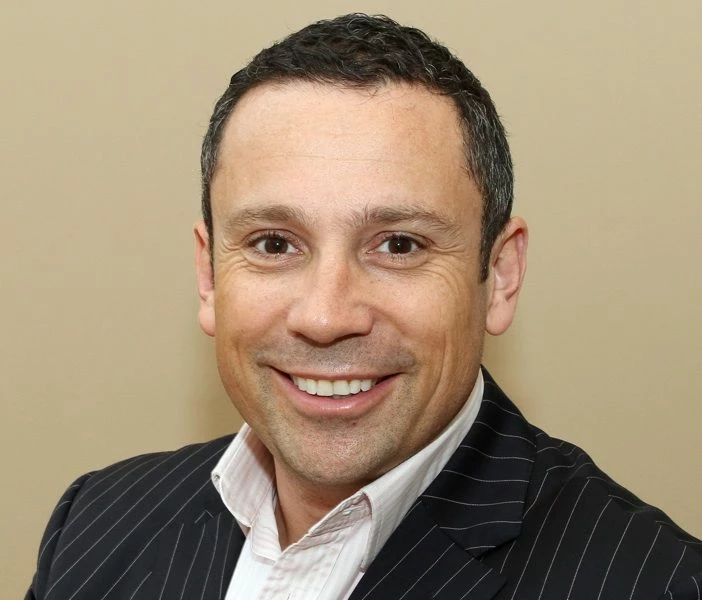
Partner Article
Green shoots of recovery or reasons for caution?
There have been several good news stories recently that have made us all feel more positive about the prospects for business, especially in the North East.
On the March 6 Bdaily reported that Nissan will build the production version of their Invitation concept car in Sunderland, bringing 2000 jobs to the plant and its supply chain. Then there was more good news that Vantec, a Japanese company is investing £22.5m in a new facility to service the importation of automotive components for Nissan, Komatsu, Cummins, and others, which will by 2015 employ 230 people.
On top of this we had a largely pro business budget with strong signals of further reductions in Corporation Tax and very little sign of any increases in interest rates in the short to medium term.
You may think that, in the light of these developments, the time is right to press on with that project which has languished somewhere in your laptop waiting to be given the go-ahead.
But wait! It is highly likely that you will need shareholder approval, or some form of bank support. You need to make sure that all stakeholders have the same view of the current economic climate and will look favourably on the project. The Banks in particular are still not convinced that the time is right to loosen
the purse strings despite their protestations to the contrary. They also have their own issues around the availability of capital and therefore they are still subjecting all applications to very high levels of scrutiny.
In order to gain support you will have to produce a business case or business plan. For most stakeholders and banks this is the first time they will have heard of your project and will judge it almost exclusively on what they read in the presentation. It is incredibly important therefore to understand the mind-set of
your audience and to frame the document accordingly.
For instance, your bank will not want to take as great a degree of risk as you because their potential returns are far more limited. You may therefore need to explain how you have mitigated the key risks or comment on ‘what if’ scenarios. Your shareholders may only be interested in short term dividend income and you may need to demonstrate clearly what this project will do for them. This is very common in companies with a spread of shareholders who have inherited their holdings and have no day-to-day connection with the business.
Many great opportunities have been lost through poor business plans or poor stakeholder engagement and many marginal projects have been given the green light because they have had an abiding plan wrapped around them.
Once your proposition has been declined by a Bank it is definitely an uphill struggle to get the decision reversed so don’t even think about putting anything in front of the bank unless it is robust. Take my advice and get professional input. It could make all the difference.
This was posted in Bdaily's Members' News section by Phil Dibbs .
Enjoy the read? Get Bdaily delivered.
Sign up to receive our popular morning National email for free.








 Ready to scale? Buy-and-build offers opportunity
Ready to scale? Buy-and-build offers opportunity
 When will our regional economy grow?
When will our regional economy grow?
 Creating a thriving North East construction sector
Creating a thriving North East construction sector
 Why investors are still backing the North East
Why investors are still backing the North East
 Time to stop risking Britain’s family businesses
Time to stop risking Britain’s family businesses
 A year of growth, collaboration and impact
A year of growth, collaboration and impact
 2000 reasons for North East business positivity
2000 reasons for North East business positivity
 How to make your growth strategy deliver in 2026
How to make your growth strategy deliver in 2026
 Powering a new wave of regional screen indies
Powering a new wave of regional screen indies
 A new year and a new outlook for property scene
A new year and a new outlook for property scene
 Zero per cent - but maximum brand exposure
Zero per cent - but maximum brand exposure
 We don’t talk about money stress enough
We don’t talk about money stress enough